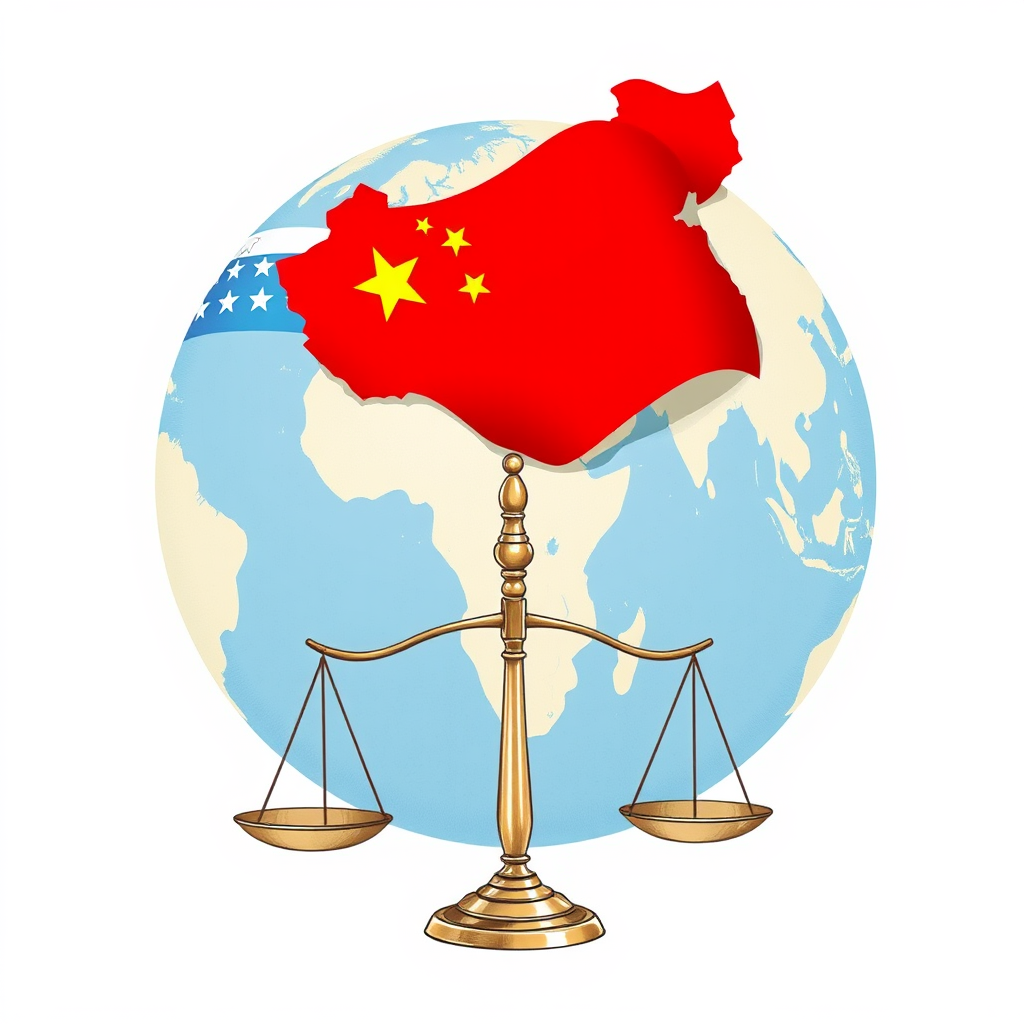Is China Winning as US Influence Declines?

The shifting global landscape is witnessing a potential power dynamic shift as the United States recalibrates its international role, creating opportunities for China to expand its influence. Experts suggest that a perceived U.S. retreat – evidenced by cuts in foreign aid, diminished engagement with global health initiatives, and a re-evaluation of traditional alliances – is being actively exploited by Beijing.
Recent actions underscore this trend. China’s commitment of $500 million to the World Health Organization, replacing the U.S. as the largest donor, is a prime example. Similarly, while U.S. funding for foreign assistance programs like USAID has been slashed, China’s aid to developing nations has increased. This extends to media influence, with China expanding its international broadcasting efforts while the U.S. has moved to curtail its own. Even in areas like scientific research and student exchange, China is presenting itself as an open and welcoming alternative.
The shift isn’t merely financial. China’s Foreign Minister Wang Yi, at the Munich Security Conference, advocated for multilateralism and closer ties with Europe, contrasting with criticisms leveled by Vice President Vance against European nations. Experts like Michael Clark of American Progress argue that these actions benefit China’s interests while weakening U.S. strength.
Orville Schell, Director of the Asia Society’s Center on U.S.-China Relations, emphasizes that the absence of U.S. competition creates a vacuum China is eager to fill, particularly in the Global South – Africa, Latin America, and other less-developed regions. Martin Petersen, former Acting Executive Director at the CIA, highlights China’s three-pronged approach: technical assistance and aid, expanded trade, and support for regional issues. However, Petersen cautions that China faces challenges in redirecting trade away from the U.S. and navigating potential resistance from nations wary of aggressive Chinese trade policies.
The cuts to U.S. presence in Africa are particularly concerning to some, with some analysts labeling them a “preemptive surrender” to China. Petersen counters that while opportunities exist, China’s gains aren’t guaranteed, and the region’s complexities limit easy influence. Schell agrees, noting China’s increased diplomatic and financial investment through initiatives like the Belt and Road, while the U.S. appears to be withdrawing.
National security implications are significant. China’s dominance in critical mineral mining and processing – particularly rare earths, lithium, and cobalt – presents a potential choke point in global supply chains. This control, coupled with investments in battery technology and solar panels, gives China considerable leverage. Experts also point to the need for a clear U.S. foreign policy vision, arguing that the unpredictable nature of the current administration complicates international relations.
China is actively seeking to strengthen ties with Europe and other regions, potentially diverting trade from the U.S. and establishing alternative economic partnerships. However, concerns remain about the impact of low-cost Chinese goods on European industries and the potential for China to re-label goods through third-party countries to circumvent tariffs.
Ultimately, the current situation presents a complex challenge. While China faces internal economic hurdles – including a property market crash and demographic challenges – the perceived U.S. retreat has created opportunities for Beijing to expand its influence globally. The long-term implications for international power dynamics and national security remain to be seen, but a clear and consistent U.S. foreign policy is crucial to navigating this evolving landscape. The situation isn’t simply about China’s gains; it’s about the U.S. ceding ground and the potential consequences for the global order.